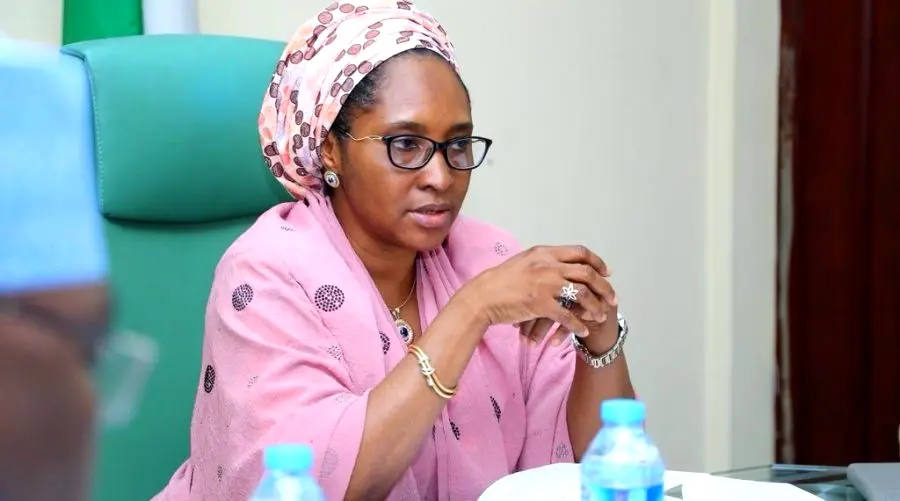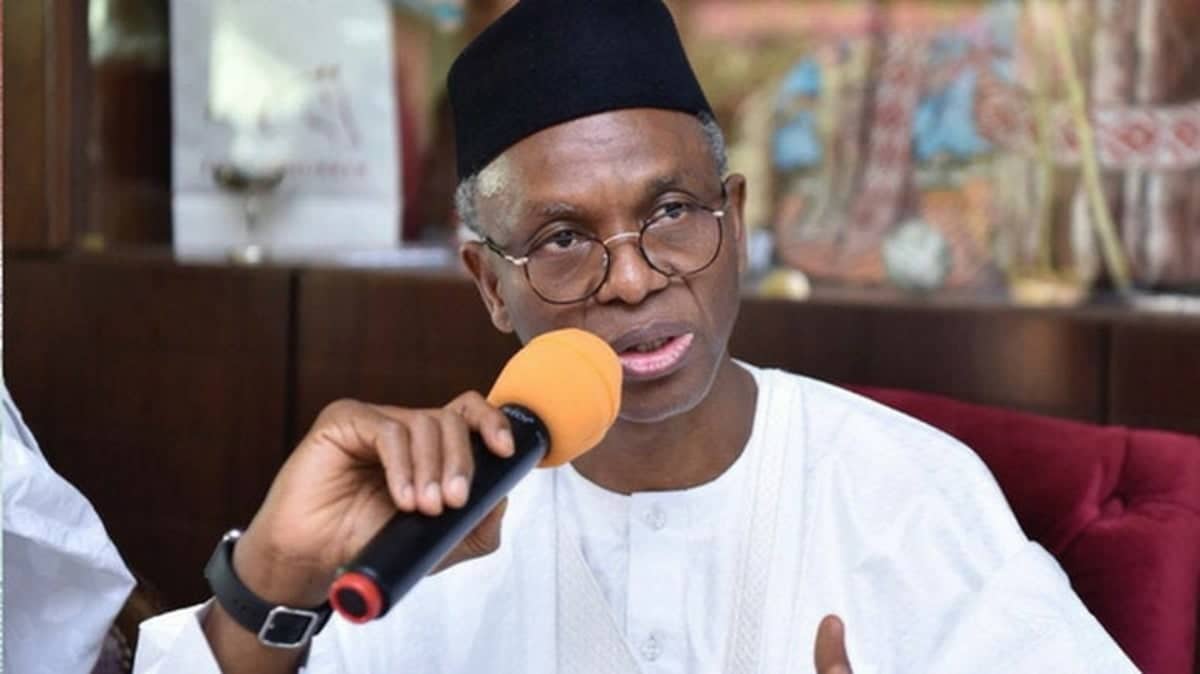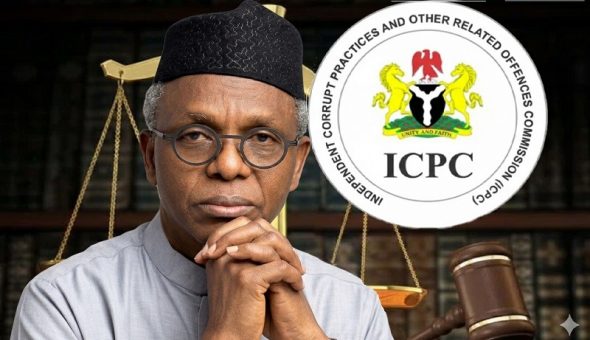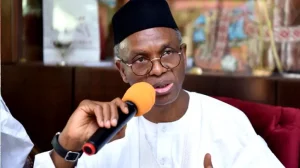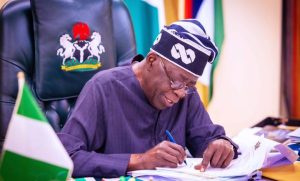Nigerian govt to use $2.2 billion from Eurobond money for fuel subsidy
The Nigerian government will draw $2.2 billion from the Eurobond it issued last September, and add to the proceeds of fresh domestic borrowing this year to fund fuel subsidy, the Minister of Finance, Zainab Ahmed, has said.
Mrs Ahmed said Nigeria will not explore the Eurobond market in 2022, echoing a statement earlier made by the country’s debt office head, Patience Oniha.
“Rising oil prices has put us in a very precarious position … because we import refined products … and it means that our subsidy cost is really increasing,” Ms Ahmed was quoted by Reuters as saying on the sidelines of an Arab-African conference in Cairo.
This January, the government climbed down from a previous vow to halt a subsidy regime, opting to prolong it by a year and a half in order to forestall a potential civil resistance in the prelude to the 2023 presidential election.
Fuel subsidy payment consumed N10 trillion in the twelve years to 2018, according to Abuja-based research house and data analytics firm Dataphyte, more than eight times what all the thirty-six states generated for 2020.
Mrs Ahmed told journalists in January state-owned Nigerian National Petroleum Company would need N3 trillion from the government for this year’s subsidy spending.
Africa’s biggest oil producer relies almost completely on imported fuel to meet local needs and has been encountering weeks of dire fuel scarcity after receiving unusable substandard petrol from suppliers abroad.
According to Mrs Ahmed, the government is in talks with the parliament to ramp up revenues. She also said the hike in oil prices suggests borrowings will surpass earlier projection.
